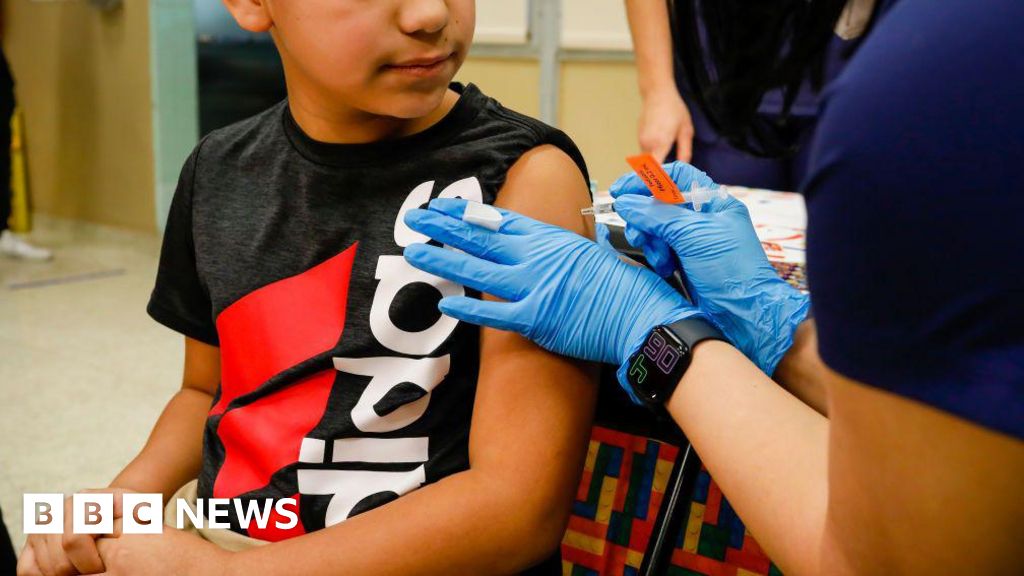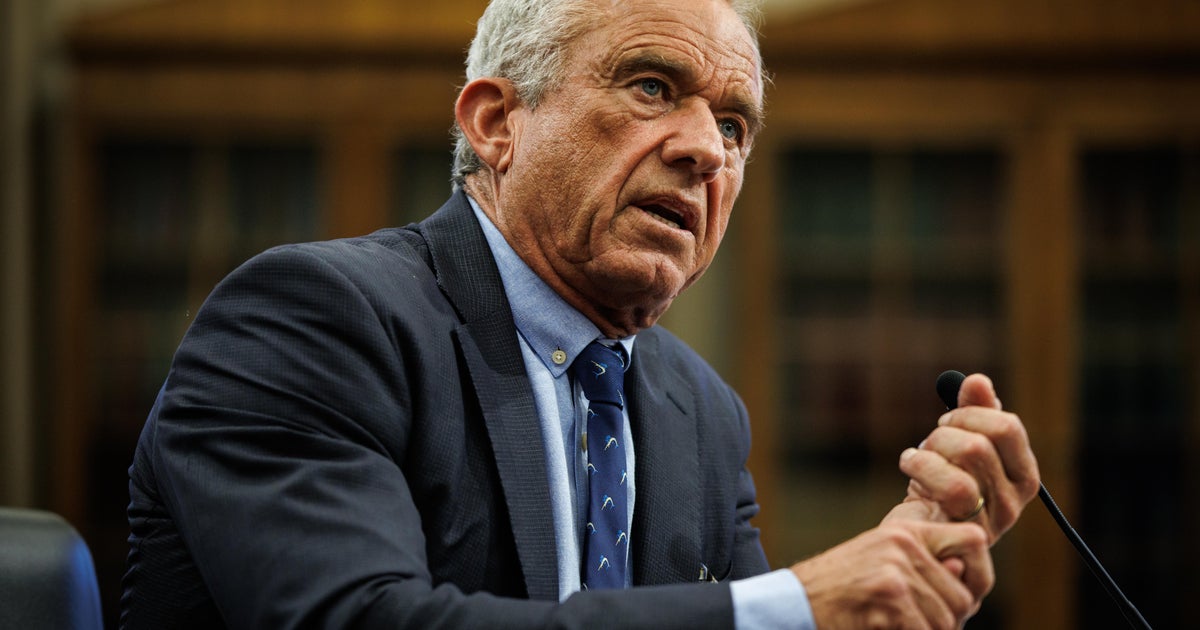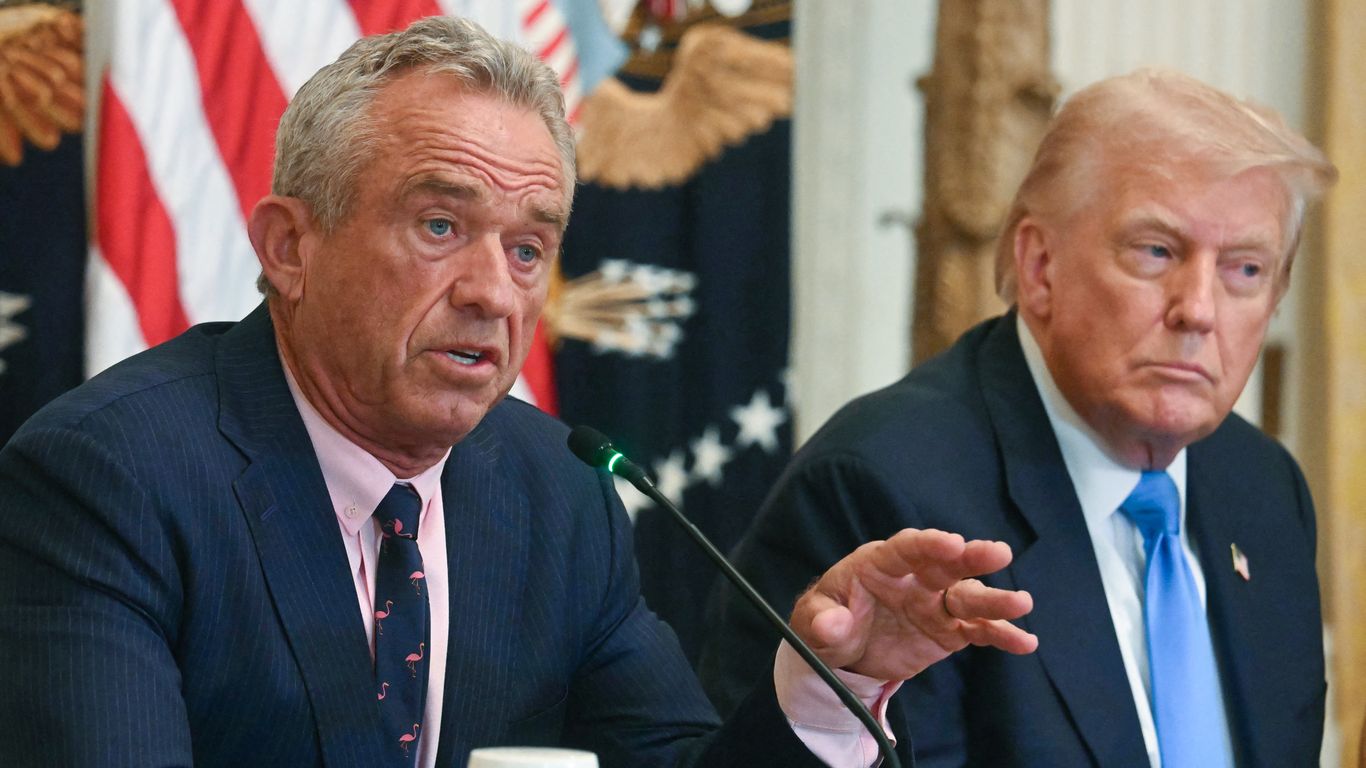Florida's Controversial Ban on Vaccine Mandates: Ethics, Impact, and What It Means for Public Health

Introduction
Florida has made headlines with its plans to become the first state to ban all vaccine requirements. The controversial move has sparked a heated debate about the ethics and legality of mandating vaccines. Florida Surgeon General Joseph Ladapo has been a vocal proponent of the ban, stating that vaccine mandates are immoral and akin to slavery. But what does this mean for the health and well-being of the state's residents?
Key Details
Supporters of the vaccine mandate ban argue that it is a violation of personal freedom and bodily autonomy. They believe that individuals should have the right to make their own choices about their health and medical treatments. On the other hand, opponents argue that vaccine mandates are necessary to protect public health and prevent the spread of diseases. They point to the success of vaccines in eradicating deadly diseases like smallpox and polio.
Impact
The ban on vaccine mandates in Florida could have far-reaching consequences. With the state being a popular tourist destination, there is a concern that the lack of vaccine requirements could lead to an increase in the spread of diseases. It also raises questions about the responsibility of individuals to protect not only their own health but also the health of those around them. The outcome of this highly debated issue could set a precedent for other states and their stance on vaccine mandates.
About the People Mentioned
Joseph Ladapo
Joseph Abiodun Ladapo is a Nigerian-American physician, researcher, and public health official who has served as Florida’s Surgeon General and Secretary of the Florida Department of Health since September 2021, following his appointment by Governor Ron DeSantis[1][5]. Born on December 16, 1978, Ladapo immigrated to the United States from Nigeria and built a career focused on internal medicine and health policy research[1]. He earned his undergraduate degree from Wake Forest University, followed by both an MD and a PhD in health policy from Harvard University, and completed his clinical training in internal medicine at Beth Israel Deaconess Medical Center[1][2][5]. Ladapo’s academic career includes faculty positions at the NYU School of Medicine and tenure as an associate professor at the David Geffen School of Medicine at UCLA, where he cared for hospitalized patients and conducted research on behavioral economic strategies to reduce cardiovascular risk, particularly in low-income and disadvantaged populations[2][3][5]. He is currently a professor of medicine at the University of Florida, where his research—supported by the National Institutes of Health and the Robert Wood Johnson Foundation—has focused on clinical trials for weight loss, smoking cessation, and cardiovascular disease prevention among people with HIV[2][3]. His work has been published in leading medical journals, including The Journal of the American Medical Association and the Annals of Internal Medicine[2][3]. As Florida’s Surgeon General, Ladapo has been a prominent and controversial figure in public health policy, especially during the COVID-19 pandemic. He is known for his opposition to COVID-19 mitigation measures such as vaccine and mask mandates, and he has publicly questioned the safety and necessity of COVID-19 vaccines, positions that have drawn criticism from major medical organizations[1]. In September 2025, Ladapo made headlines by comparing vaccine mandates to slavery during an announcement about Florida’s plans to eliminate all vaccine mandates, including those for children in public schools—a move that was met with concern from groups such as the American Academy of Pediatrics and the Florida Education Association[1]. He has also expressed opposition to gender-affirming care for transgender and nonbinary minors[1]. Ladapo’s recent public statements and policy decisions continue to place him at the center of debates over public health, individual freedoms, and the role of government in medical decision-making[1].
About the Organizations Mentioned
Florida Surgeon General
The **Florida Surgeon General** is the chief public health officer and senior spokesperson of the Florida Department of Health (FDOH), an executive branch agency responsible for protecting and promoting the health of all residents and visitors in the state. The Surgeon General oversees the central FDOH office in Tallahassee along with Florida’s 67 County Health Departments, 22 Children’s Medical Services area offices, 12 Medical Quality Assurance regional offices, nine Disability Determinations regional offices, and three public health laboratories[1][6]. The role is analogous to the Surgeon General of the United States but focused on state-level health policies and initiatives. The Surgeon General is appointed by the governor and confirmed by the Florida Senate, serving a four-year term. The position requires the appointee to be a licensed medical doctor with advanced training or extensive experience in public health administration[6]. Historically, the Florida Surgeon General’s office has evolved as the leadership hub for health policy, disease prevention, wellness advocacy, and public health emergency responses within the state. The Surgeon General’s responsibilities include setting the tone for public health programs, coordinating with local health agencies, advising on vaccine policies, environmental health hazards, and leading public health communications. The office plays a critical role in organizing statewide efforts to improve community health outcomes through data-driven strategies and cooperative agreements with counties[1][4]. Currently, **Dr. Joseph A. Ladapo, MD, PhD**, serves as Florida’s Surgeon General. He combines his clinical expertise and health policy research, focusing on cardiovascular risk reduction in disadvantaged populations. Dr. Ladapo’s academic background includes degrees from Harvard and Wake Forest and faculty roles at UCLA and the University of Florida. His leadership has been notable for a strong public presence and controversial stances during the COVID-19 pandemic, including vaccine policy debates that diverged from federal guidance[3][1][6]. Key achievements of the office include its comprehensive oversight of Florida’s broad public health infrastructure and it


















